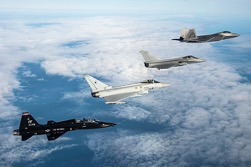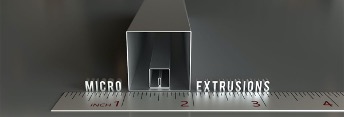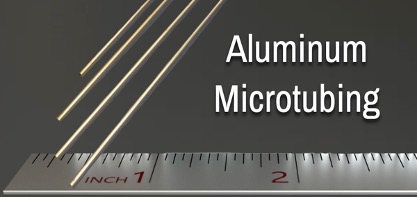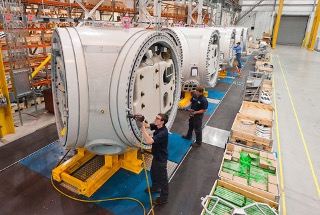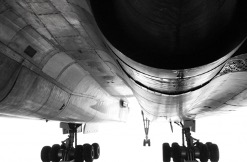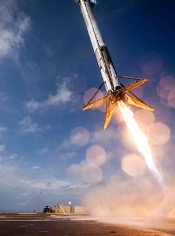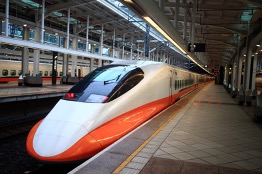Meet Marla Coroy

Formal title at Taber
Finance Coordinator
Job duties & responsibilities
My formal title does not begin to cover the list of duties that over the years have become my responsibilities. My involvement ranges from accounting to purchasing to IT; from monthly inventory reporting to customer invoicing to payroll to being the Gulfport office hands for the IT department that is managed from Russellville. All of these duties and more, but we know the most important is making sure there is coffee supplies on hand at all times and the petty cash box has money in it.
Where did you work prior to Taber; same industry or something totally different?
Prior to coming to Taber in 2005 I worked with my family in our privately owned Christian bookstores.
I worked in the retail world for 20+ years so manufacturing is a totally different environment.
What do you hope to bring to Taber in terms of leadership and company culture?
In terms of leadership and company culture I think the best thing an employer can do for their employees is to have an atmosphere that recognizes the importance of family and personal health. Some things can only be dealt with during business hours. I want to be understanding of the demands that are on us be it self, spouse, children, grandchildren or aging parents.
When you’re not at work, what would we find you doing?
Family is very important to me so spending time with them is something I enjoy and it usually involves eating which is good because I enjoy cooking. But when quiet times can be found I really like to read.
Hometown?
I was born in Cumberland, MD but my father’s job took us all around the world, so we moved frequently. Our last move was in 1975 and it brought us to Ocean Springs, MS where after going to 8 schools in 12 years I graduated from Ocean Springs High School. I can honestly say that even though I wasn’t born here Ocean Springs, MS is definitely my ‘hometown’.
Family, children?
My husband John and I will celebrate our 41st anniversary in June. During those years we had 2 sons, both of whom are married to wonderful women and are building families of their own. We have 3 grandchildren with another on the way in August 2021.
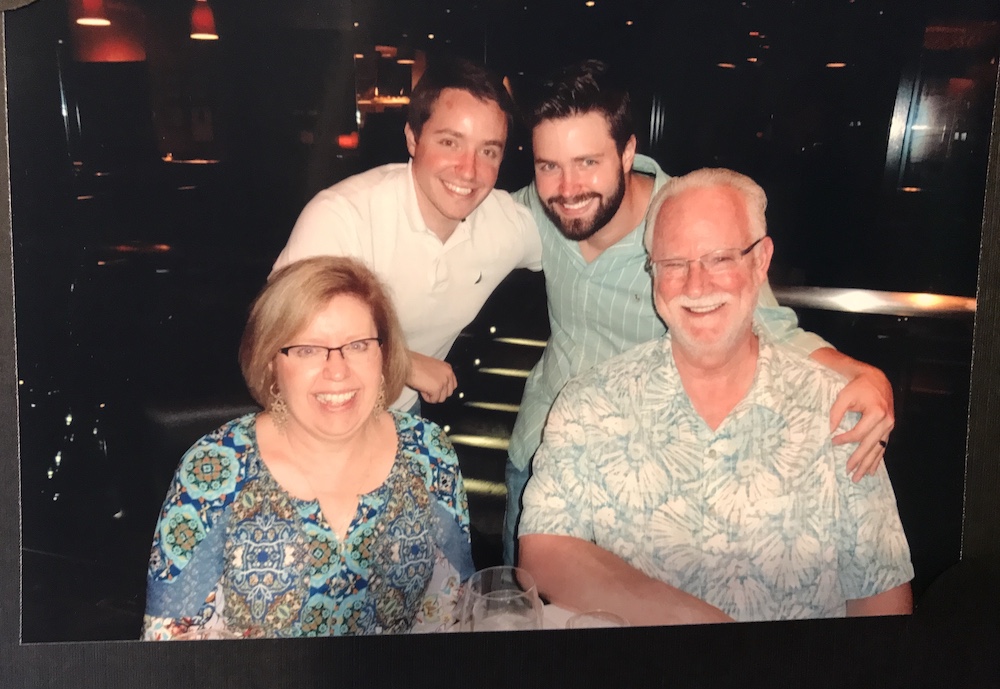
Favorite part about working for Taber so far?
The people. Most of the people I work with were here when I came here 16 years ago. There is so little turn over in the management. Going to work everyday is like going to see friends – and that’s nice.
What do you think the future holds for Taber?
Who really knows what the future holds but I think the past is a good indicator of what our future will be. Business always cycles having ups and downs in the economy to deal with but the history of National Material and Taber in particular shows that our owners have confidence in Taber and our ability to compete in the marketplace. That gives us a positive outlook on the future.
More About Taber Extrusions:
Founded in 1973, Taber Extrusions originally pioneered a process for extruding rectangular billet which enables the company to extrude solid profiles up to 31 inches wide or hollows up to 29 inches. Taber expanded with the purchase of an extrusion facility in Gulfport, MS, in 1995 which houses a new state-of-the-art cast house and two additional presses, microextrusion capabilities, and the fabrication area has been expanded multiple times.
Taber continues to extrude billet in a wide range of alloys and sizes and has diversified its markets beyond military since its inception to include aerospace, automotive, marine, infrastructure, and sporting goods, among many others. For these markets, the company supplies cast and extruded products in a variety of soft and hard alloys.
Today, Taber Extrusions has completed the addition of in-house friction stir welding capabilities, and carries on their offering of extruded aluminum components, value-added machining services, and raw material supply to the North American market – making them a vertically integrated supplier of FSW panels and assemblies never before seen in North America.
Follow Taber Extrusions
LINKEDIN: https://www.linkedin.com/company/8843183/
FACEBOOK: https://www.facebook.com/taberextrusions/
TWITTER: https://twitter.com/taberextrusions
Interested in becoming a part of the Taber Team? Submit your resume to careers@taberextrusions.com.
Become a customer today! Visit us or request a quote: https://taberextrusions.com or call us at (888) 985-5319.



